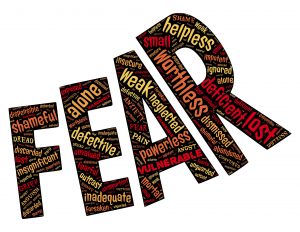Dr. Dawn-Elise Snipes PhD, LPC-MHSP, LMHC
Executive Director: AllCEUs.com
Podcast Host: Counselor Toolbox and Happiness Isn’t Brain Surgery
Become a member at DocSnipes.com to be able to chat with Doc Snipes via text or video chat.

Anger often protects you from fear.
1. Thank it. Anger is your body’s way of saying that there MAY be a threat of some sort
2. Make a choice about the best way to use your energy to get closer to your goals. What needs to be done: Change the situation (do something about it) or change your response to the situation (let it go, accept it, don’t feed it) Tale of 2 Wolves — Inside us there are two wolves. One is hurtful, filled with anger, jealousy, greed, resentment and inferiority. The other is helpful filled with joy, peace, love, acceptance, kindness and truth. The wolf that survives is the one that is fed.
3. Examine the alternatives. Take the other person’s point of view to see if you can understand why he did or said what he did or said.
4. Take a both/and perspective. 2 seemingly opposing viewpoints can both be right
5. Make lemonade. Try to find the good that came out of it. How did you emerge stronger? How could it have been worse? What do you have to be grateful for?
6. Take a walk. Anger kicks up your fight or flight hormones. Use up some of that energy to get regrounded.
7. Know your triggers and have a plan. What triggers your fears of rejection, failure, loss of control? Are these things really worth your energy. For example, if you get angry when people are rude because it feels like they are being disrespectful or rejecting of you, identify three other reasons they may have been rude that had nothing to do with you.
8. Prevent vulnerabilities. Sleep deprivation, stimulants, low blood sugar, and alcohol can all intensify irritability and anger. Preventing these problems can reduce how often you experience anger.
9. Write it down and talk again later. If you are angry with someone, it may be best to write out your thoughts and get together later to discuss the situation when both of you are more calm. When you are angry, the adrenaline can keep you from seeing the big picture. Additionally, when you write you can get everything out and then censor the hurtful, aggressive remarks
10. Work on your self-esteem. Many anger triggers have to do with fearing rejection, being judged, failing in some way, or not being able to control someone else’s opinion of you. A strong self esteem allows you to be okay with the fact that nobody will like you all the time, and not everyone will like you
These are just a few of the ways you can begin addressing your anger. Find more tips to address you anger here.
